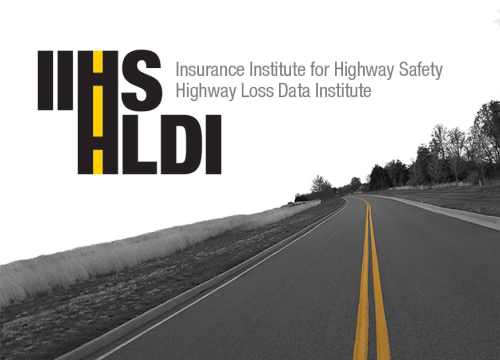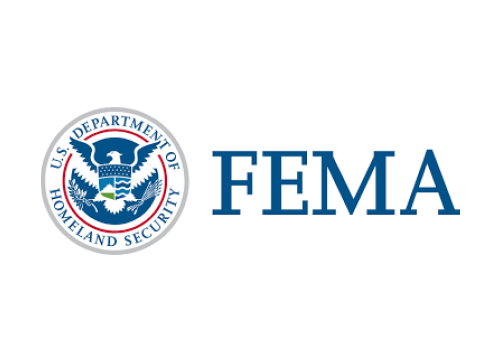Understanding Personal Umbrella Insurance

What is Personal Umbrella Insurance?
Personal umbrella insurance is an extra layer of liability insurance designed to protect you beyond the limits of your regular home, auto, or boat insurance policies. This type of insurance kicks in where your standard policy coverage leaves off, offering an extra cushion of safety in the event of major claims and lawsuits.
Why is Personal Umbrella Insurance Important?
It's crucial because it helps protect your assets and future earnings from significant liability claims. Standard policies typically have limits that, if exceeded, could leave you responsible for covering the rest out-of-pocket. For instance, if you're involved in an at-fault car accident and the damages exceed your auto insurance limits, personal umbrella insurance can cover the additional costs.
How Does Personal Umbrella Insurance Work?
Umbrella insurance steps in after the limits of your underlying policy are reached. For example, if your auto insurance covers $300,000 for bodily injury, and you're liable for an accident totaling $500,000 in damages, your umbrella policy would cover the remaining $200,000. Additionally, umbrella policies often cover various liability claims that may be excluded by other insurance policies, like slander, defamation, and false arrest.
Key Benefits of Personal Umbrella Insurance
1. **Broad Coverage**: Beyond covering the excess costs in the event of an accident, it includes legal defense costs. 2. **Affordable Protection**: Premiums for personal umbrella insurance are typically lower compared to other types of insurance because it only pays out once other coverage has been maxed out. 3. **Peace of Mind**: Knowing that you have an extra layer of protection helps you live without the constant worry of losing assets in an unforeseen lawsuit or claim.
Is Personal Umbrella Insurance Right for You?
Consider how much risk you're exposed to in your daily life. Factors such as owning a home, driving a car, having teenage drivers, or being a public figure might make you more susceptible to lawsuits. Evaluating these risks can help you determine if umbrella insurance is a wise choice for your situation. Personal umbrella insurance is a prudent investment in safeguarding your financial security. Assess your current coverage and consult with an insurance advisor to explore whether this additional layer of protection suits your needs.
The Mystery of Life Insurance Unveiled
Life insurance often conjures up more questions than answers, and you're not alone in your confusion. According to the 2024 J.D. Power study, only 29% of life insurance customers felt that their insurers made policies simple to understand. This blog aims to lift the veil on what life insurance truly is, how it functions, who might need it, and its potential importance in your life.What is Life Insurance?
At its core, life insurance is a contract. You agree to pay premiums, and in return, your loved ones receive a tax-free lump sum — known as the death benefit — when you pass away. This money can be used for a variety of needs such as paying off a mortgage, covering childcare or funeral costs, or even everyday expenses.Who Needs Life Insurance?
You might be wondering if life insurance is for you. Generally, anyone with dependents, debts, or funeral expenses to consider should think about life insurance. However, it’s not only for parents or spouses. Even individuals without dependents may benefit from coverage to ensure their financial legacy lives on.How Does Life Insurance Work?
Selecting the right life insurance involves deciding between term and permanent policies. Term life covers you for a specific period, while permanent life insurance provides lifelong coverage. Premiums are paid regularly, and upon your death, the death benefit is dispersed to your beneficiaries.Benefits During Your Lifetime
Life insurance isn’t just beneficial after death. For instance, with permanent policies, you can borrow against your policy’s cash value. Some policies include riders such as accelerated death benefits or premium waivers, or allow conversion from term to permanent without medical exams.Choosing the Right Policy
Deciding on the right policy might require some self-reflection. Consider questions like how much coverage you need, the duration, and whether you value simplicity over savings features. Remember to align your choice with your budget.The Customizable Nature of Insurance
Life insurance policies are not one-size-fits-all. They can be customized with riders that offer protection for situations like critical illness or provide premium waivers in the event of disability—tailoring the policy to fit your unique needs. It's perfectly okay not to have all the answers upfront when it comes to life insurance. These policies are far more flexible and beneficial than most people realize. If you're unsure where to begin or need help navigating your options, don't hesitate to reach out for guidance. Life insurance could be a key part of securing your future and your loved ones' financial well-being.
Highway Loss Data Institute

FEMA - Federal Emergency Management Agency


